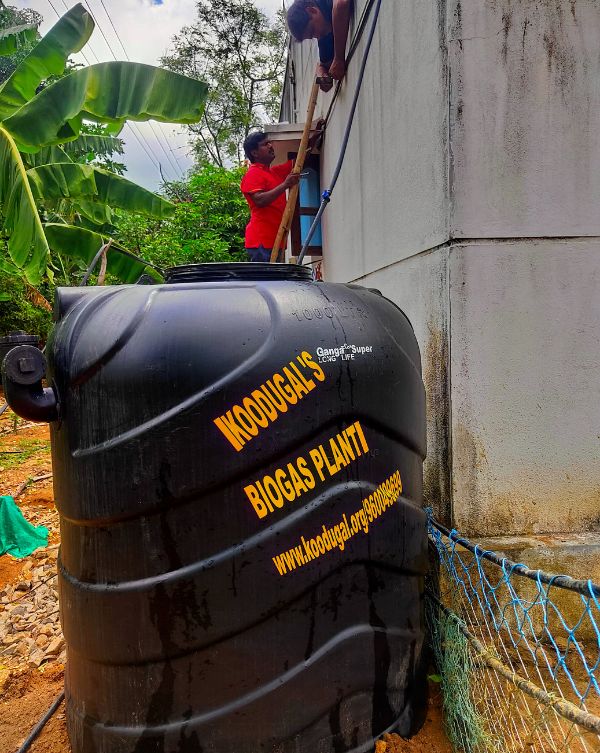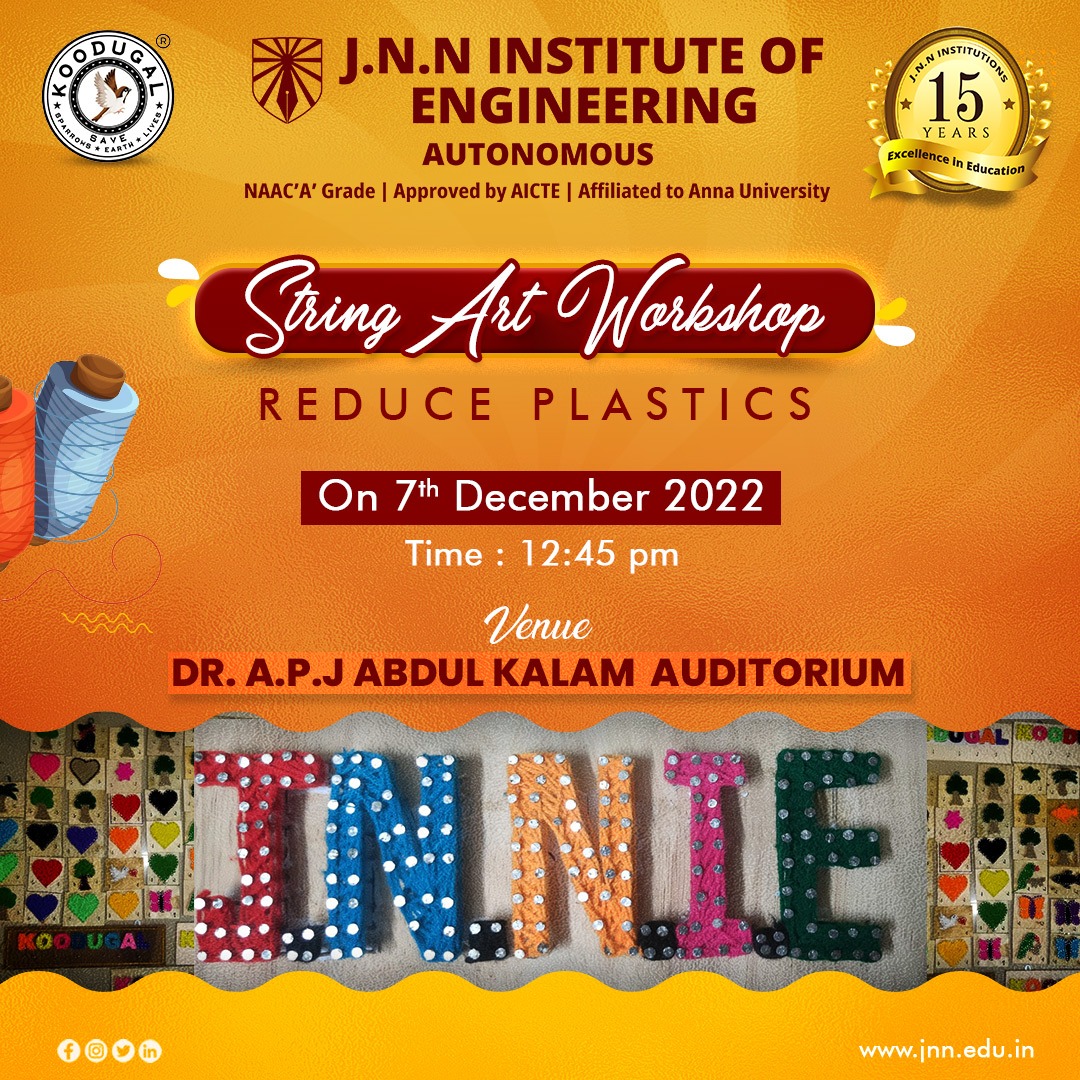Introduction
Project Biogas
Humans strive to survive. Village is the first birthplace of a striving community, life as well as living seems so hard in village compared to the modern urban life. It applies for all necessary aspects. As village is the main source of essential need-production province. But it lacks all the prerequisite for a normal life to be lived.
Biogas is also known as Gobar gas. The gases produced by decomposition of organic matter such as municipal waste, plant material, agricultural waste, cow dung, human waste, sewage, food waste, green waste. The end product of biogas is methane.
Objective of Biogas:
- To support villages in effectively managing their cattle waste, agricultural waste/residue and all other organic waste.
- To support communities to convert their organic waste (especially cattle waste) to wealth through the generation of manure and energy from waste.
- To promote environmental sanitation and curb vector-borne diseases through effective disposal of waste in rural areas.
- To create livelihood opportunities in rural areas and enhance the income of farmers and other rural people by supporting them to convert their waste to wealth.
In rural areas in India, a significant part of the energy requirement is in the domestic sector and is met by fuel wood and cattle dung cake. This is not a healthy practice, which needs to be changed to improve the rural economy and quality of life. In this context, biogas is an efficient domestic fuel that keeps the house and environment clean, unlike the burning of wood or dung cake associated with environmental pollution.
In addition, biogas is a decentralised system. As a result, the household becomes self-sufficient on domestic energy requirements so the villagers can obtain clean cooking fuel and Bio fertilisers.
Climate change brought about the public’s perspective that renewable energy, such as solar power, is a requirement for sustainable development in the future. It also introduced a new carbon trading market resulting from international legislation (Kyoto Protocol) to limit the increase of greenhouse gases, such as CO2, which is thought to be the primary factor for climate change.
- Biogas doesn’t pollute the environment. Thus, it is eco-friendly fuel.
- It is a renewable source of energy.
- It reduces Soil, water, and air pollution.
- It produces organic manure as a by-product.
- It requires less maintenance.
- As it is a low-cost method to produce energy, it is also economically friendly.
- It encourages a circular economy and is beneficial for all classes.
- It is a healthy cooking alternative for LPG Gas.
- Conservation of resources like wood in rural areas.
- A Few Technological Advancements needed
- Production of biogas requires a specific optimal temperature (37˚c to function correctly)
- Less Suitable for Dense Metropolitan Areas.
- Due to lack of pressure, the cooking requires more time (Not applicable for domestic purposes)
- Biogas plant helps in managing a major portion of solid waste in villages i.e., cattle dung and agricultural waste and promotes environmental sanitation
- Substantially reduces vector-borne diseases and promotes public health
- Promotes household income and saving as the use of biogas reduces the expedition on LPG
- Biogas is a good solution for SOLID WASTE MANAGEMENT
- Generating organic manure which enhances agriculture and farm productivity
- Promotes employment and income generation opportunities for SHGs/ farmers groups
- Helps in reducing carbon emission and promotes environmental sustainability
- Helps to save foreign exchange by reducing the need for the import of natural gas.
With the increasing energy demand, biogas demand has also increased. We are installing biogas plants that convert waste to wealth. Biogas will soon replace fossil fuels as a source of energy. This global warming and greenhouse effect will also reduce in the coming years. As we head into the 21st century, awareness and education will most assuredly continue to be the most important ways to spread the use of biogas. Developed countries are developing new technologies to make better biogas plants to meet the increasing demand. This project will help people contribute to biogas plant-powered appliances such as portable solar lights and DC solar fans and understand it as a better energy source.
In short, with the coming technology, the energy scenario will be changed in the coming years. So, we recommend installing solar panels connected to a portable solar light and solar dc fan that produces enough electricity and a biogas gas plant that converts all waste to wealth, reducing waste and economic problems rather than buying the LPG. It would be nice if your company helped to light up the village’s houses.
Project - Biogas
We are glad to inform you that we have completed the fabrication and installation of all 10 Biogas plants bearing S.No. 01 to 10. We now attach the proof and beneficiary details for the same. Koodugal felt immense pleasure in collaborating with Lennox International for this project and hoping to unite in the next phase, even bigger and better.




